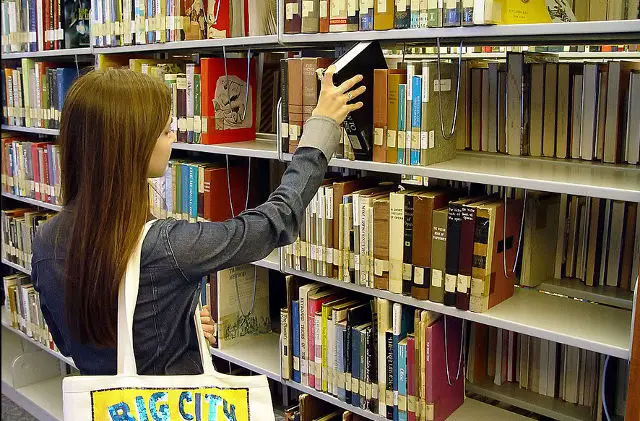Jonathan Dodd‘s latest column. Guest opinion articles do not necessarily reflect the views of the publication. Ed
It’s been a good year for books. At least for me. Some of my favourite authors have produced stonking new titles, and I‘ve discovered some new favourites too.
I’ve always been a reader. Ever since someone taught me to read, I’ve always had a book with me. My mother used to tell stories about me lying on the floor with my chin propped up on my hands, so absorbed that people had to step over me. Of course I don’t remember that myself, probably because I was completely absorbed by the book I was reading.
A glance at a Tintin book cover
For the last few years I’ve been recording the books I’ve read on a series of bookmarks, each of which is of a postcard of a Tintin book cover, sometimes in a different language. They were a cherished gift, and rather than stick them up on the pinboard I never quite managed to put up on the wall, I started to use them for bookmarks.
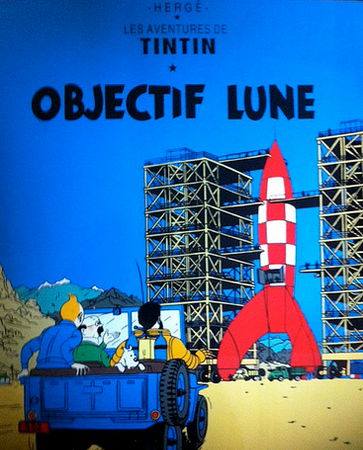 The blank space on the back of each starts with a date and then there’s a list of books, in reading order. Any day that includes a glance at a Tintin book cover can’t be said to be totally wasted. Not that I have many days that feel like that anyway.
The blank space on the back of each starts with a date and then there’s a list of books, in reading order. Any day that includes a glance at a Tintin book cover can’t be said to be totally wasted. Not that I have many days that feel like that anyway.
So. This year. I’m surprised that my book consumption has slowed down. I used to read two books a week on average, but it looks like I’m only reading one book every two weeks. I feel vaguely disappointed in myself. Are books becoming longer? Am I slowing down? Do I have less time to read than before? There’s certainly no shortage of books that I want to read.
Very pleasant French slightly-fably books
I’m also surprised in the number of translated books there are on this year’s list. I read some very pleasant French slightly-fably books. They seem to like that. Not at all realistic and somehow nudging you towards a conclusion about how you ought to be living your life. The French obviously don’t go for the hectoring we seem to love in our self-help books.
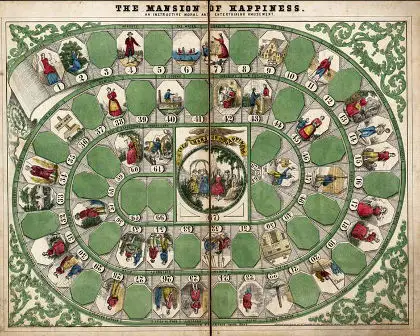
Among these were ‘The President’s Hat’, by Laurent Fabian, and ‘Hector and the Search for Happiness’, by Francois Lelord, about a psychiatrist travelling the world trying to define happiness, which was made into an English film starring Simon Pegg and Rosamund Pike. The critics didn’t like it, probably because Hector is very French, and behaves in a way that probably only French people would understand. I liked it enough to read the next book, ‘Hector and the Search for Love’. I also read the sequel to ’The Hundred Year Old Man Who Climbed Out of the Window and Disappeared’, by Jonas Jonasson, which had another terrible title – ‘The Girl Who Saved the King of Sweden’, and was almost as good.
It just irritated me
I ploughed through ‘The Luminaries’ by Elinor Catton without ever quite enjoying it, and I gave up on ‘A Short History of Tractors in the Ukraine’ by Maria Lewicka. It was supposed to be funny, but it just irritated me. I loved ‘The Ocean at the End of the Lane’ by Neil Gaiman, an old favourite. He’s like Robert Heinlein used to be for me – whenever a new book comes out I have to get hold of a copy as soon as possible. I was inspired to revisit my favourite Heinlein book – ‘Time Enough for Love’.
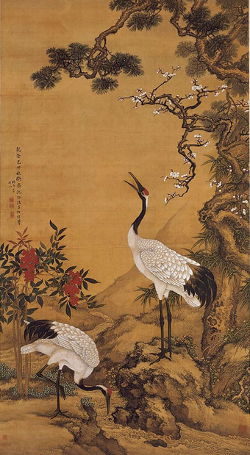 I discovered some new authors this year too. Patrick Ness usually writes books for young adults, and I enjoyed ‘More Than This’, which starts outrageously with the death of its teenage hero, and doesn’t involve vampires at all.
I discovered some new authors this year too. Patrick Ness usually writes books for young adults, and I enjoyed ‘More Than This’, which starts outrageously with the death of its teenage hero, and doesn’t involve vampires at all.
Later I read ‘The Crane Wife’, which was an adult fantasy of great beauty, with love and creativity at its heart. I loved that. I discovered a Scottish fantasy author called Naomi Mitchison. She wrote an excellent counterpart to Lord of the Rings called ‘Travel Light’, with a girl hero called Halla who is brought up by bears and a dragon.
A terrific concept at its heart
A highlight this year was a wonderful book called ‘The First Fifteen Lives of Harry August’, by Claire North. She’s young, but this book reads like the work of a seasoned writer at the height of her powers, and contains a terrific concept at its heart. Put simply, and without fear of spoilers, Harry August is in a strange time loop. He’s born in 1919, he lives his life and dies. But then he’s born again. In 1919 again. And finds he remembers everything from his first life. And his life is the same, but different. It keeps happening – hence the title. And there’s so much more. So very much more. I adored this book.
Then there was the end of the year, completely dominated by new books by David Mitchell, Michel Faber, and Sarah Waters. These are major authors, and it felt like literary Christmas.
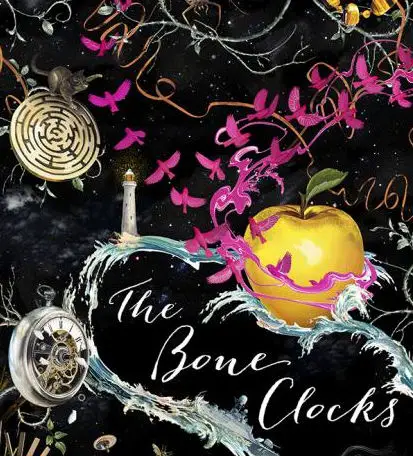
I opened ‘The Bone Clocks’ by David Mitchell first. I’ve been a fan for many years, and this is his crowning glory so far. He writes with such intensity and energy that you just get swept up and carried along with the characters, no matter what’s happening, however far-fetched or outlandish. And there are such characters, such outlandishness, that it made me gasp. I actually had to force myself to stop reading, because I wanted so much to get to the end at the same time as wanting the excitement to last as long as possible. Several weeks later, it’s still rerunning itself in my head. If you enjoyed Cloud Atlas you’ll love this book.
So far out on so many limbs
Michel Faber wrote ‘Under the Skin’, and the sublime ‘The Crimson Petal and the White’. He has written another extraordinary book, called ‘The Book of Strange New Things’, this time about a huge faceless corporation recruiting a Christian missionary to preach to the inhabitants of another world, where they have established a colony.
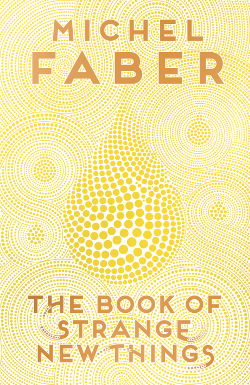 The story defies categorisation, and it’s disturbing and mesmerising, and we the readers are as lost in it as the missionary himself, who is so far out on so many limbs and as much of an outsider as it’s possible to be. The description of a completely alien world is wonderful, and it can feel like a difficult read sometimes, but it’s worth sticking with because it’s unforgettable and satisfying in ways I can’t even understand myself yet.
The story defies categorisation, and it’s disturbing and mesmerising, and we the readers are as lost in it as the missionary himself, who is so far out on so many limbs and as much of an outsider as it’s possible to be. The description of a completely alien world is wonderful, and it can feel like a difficult read sometimes, but it’s worth sticking with because it’s unforgettable and satisfying in ways I can’t even understand myself yet.
I’ve always loved Sarah Waters and her wonderful intense stories featuring Victorian lesbians. I loved ‘The Night Watch’, about lesbians in the Second World War, but I didn’t like her non-lesbian book ‘The Little Stranger’. Her new book, ‘The Paying Guests’, is a return to the lesbian theme, but is set in London after the First world War, in a household that’s caught between the past and the future, with a mother and daughter tied together by loss, having to rent out half their home to strangers.
Its protagonist Frances has had to give up so much, and has so little hope of regaining herself, and you really feel for her, especially when she starts to fall for someone in a way that can only be complicated and disastrous. It’s intense and terrible and forces us down the same path as the main characters on their dangerous journey. It’s beautifully-written and melodramatic, and grips from start to finish.
This has been a great year for books, and I hope you read some wonderful books too. I’m wondering what I’ll be reading in 2015. There’s a pile of Murakami books waiting for me. That’s a good start.
If you have been, thank you for reading this.
Image: Arbeiterreserve under CC BY 2.0
Image: Twentyfour Students under CC BY 2.0
Image: Public domain uploaded by Gothika under CC BY 2.0
Image: Gryffindor under CC BY 2.0
Image: Independent under CC BY 2.0

